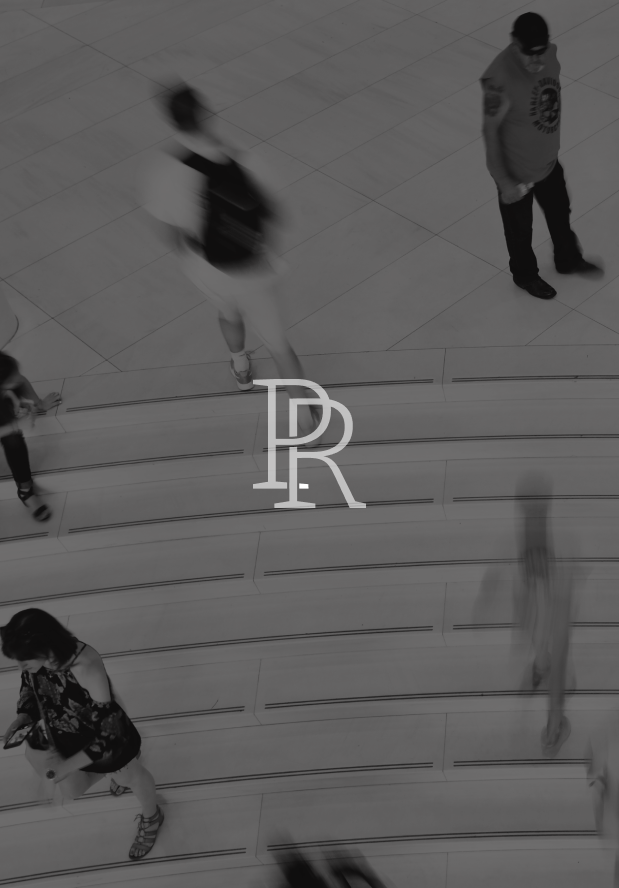The Illinois Wrongful Death Act is detailed in 740 ILCS 180/1 (ILCS here refers to the Illinois Compiled Statutes). It affords family members of wrongfully killed individuals the right to recover financial compensation. Here, we answer some common questions related to this act and wrongful death claims.
What is the statute of limitations for wrongful death claims in Illinois?
According to The Illinois Wrongful Death Act, wrongful death actions must be commenced within two years of the death of the individual. Wait longer than this, and you will be barred from pursuing legal action against the offenders, absent a special circumstance.
Are there caps on damages in Illinois?
Some states have a cap on damages that limit the amount of money plaintiffs can recover in a wrongful death action, particularly noneconomic damages, which include compensation for things like pain and suffering. In 2010, Illinois overturned a five-year-old law that limited noneconomic damages in medical malpractice cases. From 2005 until 2010, Illinois plaintiffs in medical malpractice cases could not recover more than $500,000 in noneconomic damages in actions against doctors and not more than $1 million in actions against hospitals. Read more about caps on damages.
Who can recover wrongful death compensation?
If the victim of the wrongful act is deceased, who has the legal right to bring a wrongful death claim? According to Section 2 of the Illinois Wrongful Death Act, the surviving spouse and next of kin to the decedent have the right to pursue wrongful death claims. Read more about who can recover.
What types of damages can plaintiffs recover?
The purpose of damages in wrongful death claims is to benefit the decedent’s surviving spouse and next of kin. This might include compensation for things like grief, sorrow, mental suffering, and funeral expenses. In all wrongful death actions, the jury is allowed to award compensation in an amount that they determine is fair and just. Read more about wrongful death damages.
What is contributory negligence?
In some cases, the defendant may argue that the decedent was partially responsible for the events that led to his or her death. This is called contributory negligence. Contributory negligence does not invalidate a wrongful death claim, but it can reduce the damages recovered. In Illinois, if the jury determines that contributory negligence exceeds 50%, then the case may be dismissed. If the jury determined that the decedent was between 1 and 49% responsible for his or her injuries, their award will be proportionately reduced.
Want To Learn More? Contact Our Chicago Wrongful Death Attorneys!
The Chicago wrongful death lawyers at Power Rogers have extensive experience dealing with these types of claims. In fact, our largest settlement (and Illinois’ largest injury award to a single family) of $100 million was a wrongful death case in which a Chicago family lost six children in a crash caused by an unqualified truck driver. You can read more about our case results here. For a free evaluation of your wrongful death case, contact us today!


